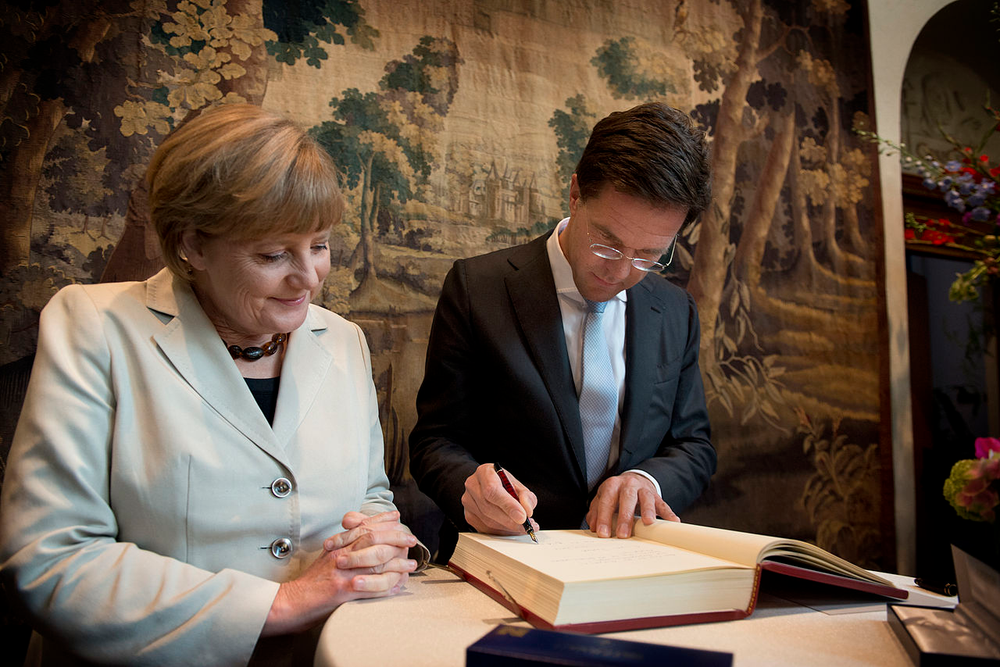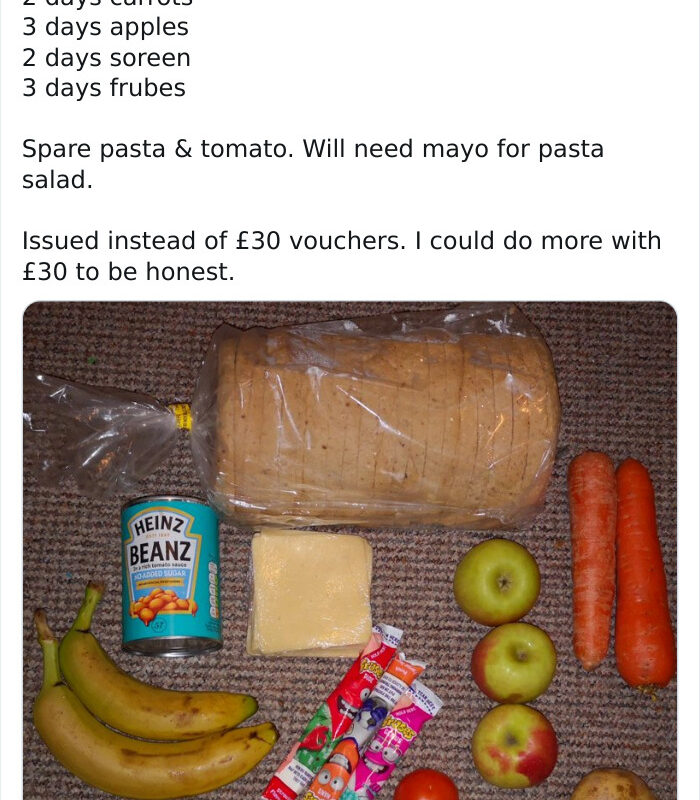Translation by Ian Perry
How did the Wiphala group in Berlin come about, and what do you do?
The group’s members are Bolivians living in Berlin. It came about to unify the migrant community after the November 2019 coup in Bolivia. Our objective is to organise a united front, in order to:
- Denounce the oppression that took place after the coup.
- Demand the emancipation of the indigenous nations, whose resistance is based around the Wiphala, the indigenous symbol which was trampled on by the fascists.
- Inform the German people and friends of Bolivia about the Wiphala through educational workshops.
- Provide information regarding the injustices, abuses of power, violations of human rights, racism and media repression which our country was suffering.

Specifically, what has the Bolivian group been doing in Berlin and how do you support each other?
Our objective was to make ourselves visible, especially in Bolivia, using online videos to support the struggles of our compatriots in the cities and the countryside, through:
- Demonstrations in front of the embassy and in symbolic settings, and cacerolazos (protest actions beating pots and pans).
- Solidarity actions, such as holding cooking events to raise funds for the victims of the massacre of Senkata. We also collected money for the “Hunger is not a crime” programme for the poor of the city of El Alto during the Covid-19 lockdown.
- Working collectively with other organisations in Europe though online platforms such as Twitter and Facebook (“Wiphalas across the World”). We held successful education sessions discussing important political themes, with the participation of social movement leaders, and Deputies and Senators of the Movement for Socialism (MAS). Such sessions went viral on social networks.
- Building parallel struggles in different European countries, following the same forms of organisation and action across the continent.

In your experience what do Germans and others living in Berlin know about MAS, Evo Morales and the situation in Bolivia?
The information Germans have greatly depends on whether they have been to Bolivia. If they have visited as tourists, the great majority will know of Evo Morales as president. Those who have lived or live now in Bolivia also know that Morales was the first indigenous president, that he is a leader who arose from the social movements and that together with the Movement for Socialism (MAS), the political party which he represents, he had a major political impact over the last 14 years. As these years saw stability and growth in Bolivia this has created a generally positive image.

How would you describe the coup and the recent election in Bolivia to non-Bolivians living in Berlin?
Presidential elections were held on 20th October 2019. After a preliminary announcement of a MAS victory, the opposition groups, supported by the Organisation of American States (OEA) and its president Luis Almagro, claimed electoral fraud and rejected the results, calling on the population to revolt. This resulted in days of high tension and chaos in the country; electoral and state institutions, MAS campaign offices and the houses of MAS activists were attacked and burned down, and MAS political leaders kidnapped. This political and social persecution showed that a coup had taken place (months later a study of the election results by the Massachusetts Institute of Technology’s Election Data and Science Lab found no evidence of fraud).
On 10th November Evo Morales, together with state vice-president Álvaro García Linera, resigned his position while denouncing the coup, in order to stop the continuing violence in the country.
The second vice-president of the Senate, Jeanine Añez Chávez, announced that under the constitution she was entitled to assume the state presidency. The conservative sectors behind the break with democracy presented Áñez’s accession to power as a straightforward constitutional succession, and their mass media supporters omitted all reference to the context in which Morales and other MAS state office holders were forced to resign. This façade was presented to the international community, with the USA among the first to recognise the de facto government, followed by the European Union and the German Foreign Ministry.
The de facto government, wanting to silence the population, ordered the armed forces to stop the protests, and issued a decree that the military could not be prosecuted if they killed anyone. This led to the massacres in Sacaba (in Cochabamba) and Senkata (in El Alto, by La Paz). 37 people died, more than 800 were injured, more than 1500 arrested and tortured, and dozens disappeared, plunging the Bolivian people into grief. The killings stopped after protests from international human rights organisations.
The de facto government started to crack under its own weight after a few months, since all the participants in the coup which had criminally taken over the state institutions and enterprises were immediately embroiled in corruption scandals. This started with corruption in the acquiring of medical supplies to confront the Covid-19 pandemic, and ended with the flight of directors of state enterprises, with suitcases full of money, to the United States.
Añez had said on taking power that her objective was to call new elections after 3 months, but this did not happen. Instead the date for new elections was postponed on more than 3 occasions in the course of 2020, provoking a social and political crisis, with the de facto government using the excuse that the conditions were not right. After months of patience the social, indigenous and trade union movements, coordinated though the Pact of Unity, became the main force which forced the October 18th 2020 date for the new elections and drove the reestablishment of democracy in Bolivia.
Añez put herself forward as a candidate for the presidency in the elections, which increased the divisions within the conservative bloc. In the run up to the elections the political parties (the majority of them right wing) attempted to create an alliance that could beat MAS at the polls. They made no effort to investigate those behind the massacres and persecutions that had followed the coup.
On 18th October the elections saw a huge turnout in a calm atmosphere. The results gave a massive MAS victory, with MAS candidate Luis Arce winning the Presidency and MAS gaining a majority in both chambers of the legislative assembly.

I’ve read a lot of very critical portrayals of Morales in the liberal US and European media over the past few years. How does it feel to see those as a Bolivian living abroad?
Many people who previously supported Morales and MAS became disenchanted over mistakes which damaged the image of the party over the course of the years. And the rich families who were used to running the country became sick with fear of losing their power and privilege, leading them to use violence to sow chaos in the country.
The mass media in the USA and Europe are enemies of the peoples’ struggles in Latin America, and they used their hegemonic position to promote lies about the reality in Bolivia, demonising Morales as a leftist follower of Castro and Chavez, and contributing to the destabilisation of the continent.
In spite of this, the progress that was made in the last decade is recognised across the world. The mass media’s ideas are now challenged via the internet and alternative media, so that people have access to more information from which to develop their own views.
Bolivia is a country with an indigenous and multicultural majority, but from its foundation it was ruled by big landowners and then by neoliberal capitalists. Under the governments led by Morales, for the first time in history the indigenous people took power through elections.
It wasn’t an easy task to raise up a country that was largely broken and privatised, while trying to guarantee a better quality of life for the whole population. MAS government measures included:
- Nationalising various businesses, with the state resuming the power of administration and redistribution of profits, thus combatting poverty.
- Implementing literacy programmes, issuing identity documents, providing food and improving nutrition.
- Redistributing land, with public consultation via a referendum.
- Implementing programmes to improve education, providing modern teaching materials, technology and new infrastructure.
- Guaranteeing a system of universal free healthcare.
- Supporting national production and exports, and offering incentives to small businesses.
- Coming to new agreements with international business, making Bolivia attractive for foreign investment. This state policy enabled an important rate of economic growth, the highest in Latin America in recent years.

What do you think will happen in the coming months and years in Bolivia?
The initial challenge is to achieve justice for the massacres in Senkata and Sacaba, and in the process ensure that all groups (including the right-wing political parties, military leaders, and elements of the police) acknowledge that what took place in 2019 was a coup. It’s important that the forces of the left and the indigenous peoples use their first years in power to resolve this dispute with the military and right-wing sectors. Meeting this first challenge will provide more stability and security for the Bolivian social forces, which have renewed energy after the 2020 national elections.
Also, the eruption into the political sphere of new forces with structural demands, such as feminist and environmental movements, will create areas of debate and political action to which the government will have to respond.
In the Plurinational State of Bolivia, nature itself has legal rights within the constitution. The government seeks to achieve development in harmony with nature, respecting and accepting its conditions, alongside promoting collective well-being (the concept of Buen Vivir) and respect for the culture and languages of the indigenous nations. The challenge is how to move beyond regulations and declarations, and turn proposals into a tangible reality. How can state action enable moving beyond capitalism and patriarchy?

Collective authorship: Wiphala Movement Germany
We are people from all layers of society and fervent supporters of democracy, justice and harmony. We represent a network of friends inspired by the Wiphala symbol. We defend the emancipation of the indigenous people. We are against the abuse of power and the oppression and exploitation of the Bolivian people.
Links
Movimiento Wiphala Alemania
https://www.facebook.com/112673237095875/videos/3467901229962228
https://www.youtube.com/watch?v=kQ_nZ6zc6LM







